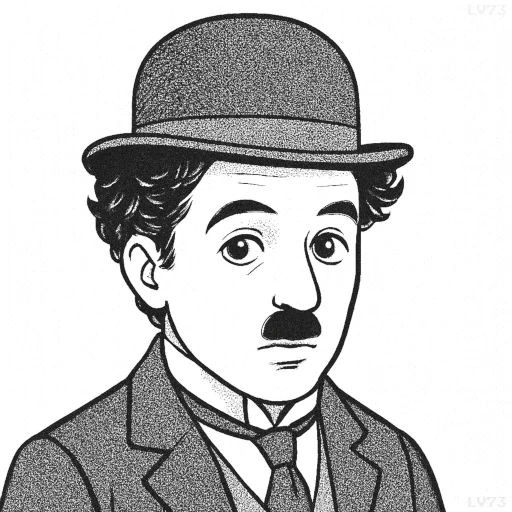“We might as well die as to go on living like this.”

- April 16, 1889 – December 25, 1977
- British
- Comedian, film actor, director, screenwriter, composer
table of contents
Quote
“We might as well die as to go on living like this.”
Explanation
This quote reflects a sense of despair and disillusionment, conveying the idea that continuing to live under certain circumstances—be it oppressive, inhumane, or intolerable—can feel just as unbearable as death itself. Charlie Chaplin often used his work to explore the dark side of society, particularly the challenges faced by the downtrodden and marginalized. Though Chaplin’s films are known for their comedic and uplifting moments, they also portray the grittiness of the human condition, the suffering of the poor, and the harsh realities of industrialization and capitalism. The quote can be understood as an expression of the mental and emotional toll that comes from enduring constant hardship, alienation, and lack of opportunity—feelings that were especially relevant during the Great Depression, when Chaplin’s works resonated deeply with audiences.
This statement also reflects the psychological burden of hopelessness—when the struggle to survive becomes too overwhelming and the future appears devoid of hope. Chaplin, who often used his characters to represent the inner struggles of individuals, may have seen this type of despair as a commentary on society’s failure to care for its most vulnerable. In films like Modern Times (1936), Chaplin critiques the dehumanizing effects of industrialization, where individuals are reduced to mere cogs in a machine, and their sense of personal worth is overlooked in favor of profit and efficiency. The quote might reflect the hopelessness of living a life without dignity, where one is forced to endure endless suffering without respite.
In contemporary society, Chaplin’s words continue to echo for those who feel trapped by circumstances beyond their control—whether it’s economic inequality, social injustice, or mental health struggles. The sense of being stuck in a situation that offers no escape or improvement can make life seem like a continuous, exhausting fight with little hope for change. However, Chaplin’s broader body of work suggests that, while despair is a powerful force, resilience and human connection are equally potent. In many of his films, the Tramp overcomes the most impossible odds through simple acts of love, compassion, and optimism. Though the quote may reflect a moment of darkness, it also speaks to the need for change and the human drive to search for a better life, which is ultimately what makes the Tramp’s journey one of hope, even in the face of adversity.
Would you like to share your impressions or related stories about this quote in the comments section?

